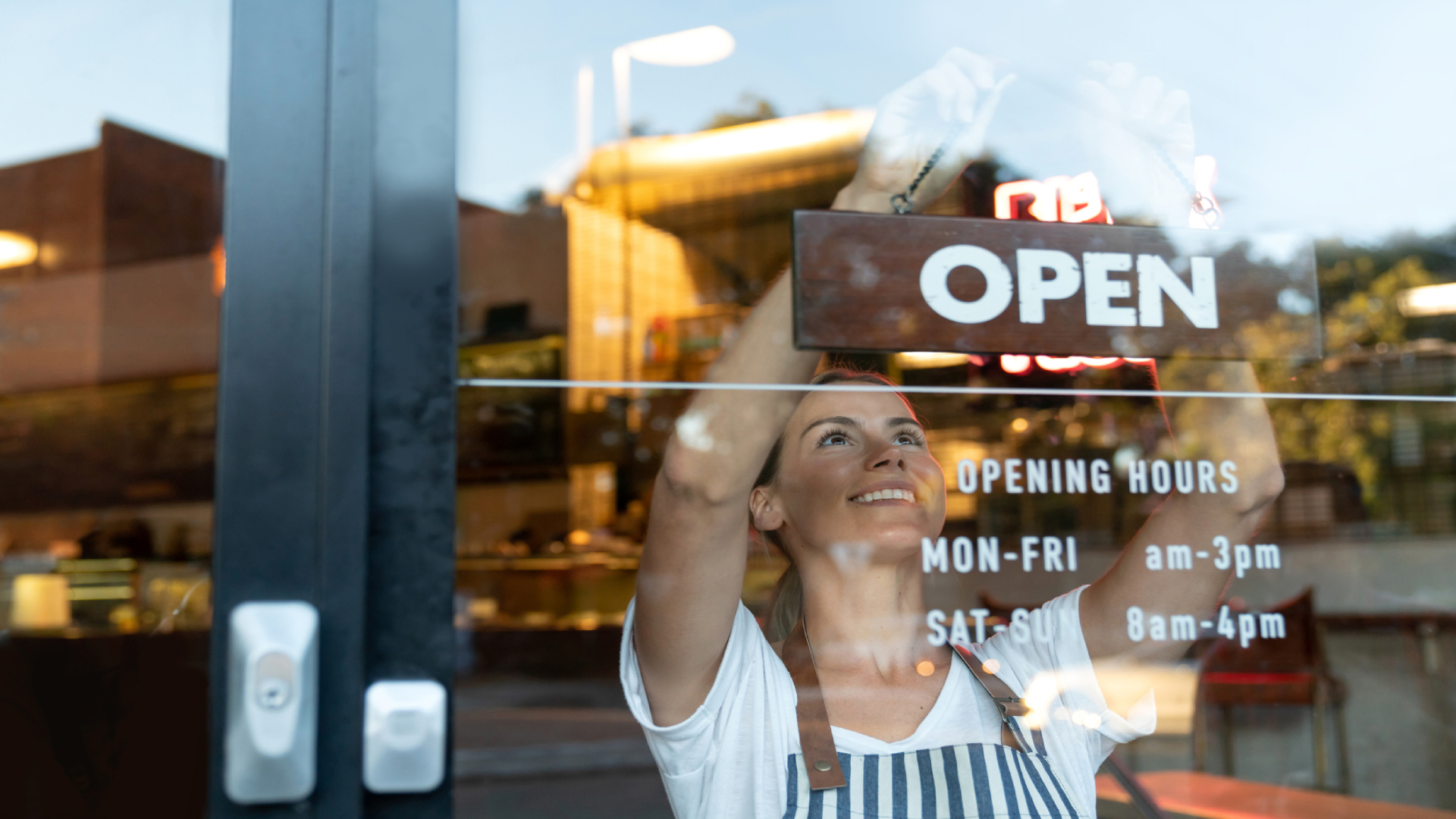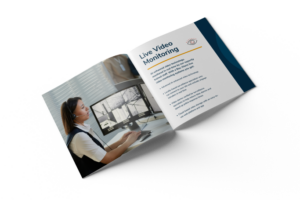
’Tis the Season To Minimize Risk: Keeping Your Business Safe and Secure
Protecting your business and staff during the holidays can be challenging, especially with all the surrounding chaos: some of it jolly, some of it not. It’s easy to let your guard down with the hustle and bustle of the season when your focus is on many things and not just on the security of your business and staff. However, thieves are focused on one thing. And gates, locks, signs, and even security guards aren’t always enough to protect your most important investments. Today, keeping your business and employees safe requires thoughtful planning and a professional security strategy.
No business is completely immune to theft, but you can take the right precautions to minimize risk.
Here are some ways to minimize risk and protect your business during this holiday season—and every season after
- Check every entry point when arriving and leaving your building.
- Make sure that there is only one entry and exit point into your business for customers.
- Keep track of all keys if you don’t have an access control system.
- Install an alarm system that fits the needs of your business.
After a break in, it’s important to know the potential long-lasting impacts to your business. You have to account for the lost equipment and supplies and the higher insurance costs that follow an incident. Theft can also affect staff morale, productivity, and your business’s bottom line.
When it comes to keeping your staff safe in any situation, be sure to keep communication open.
It’s important to talk with your staff and learn about their concerns. Maintaining clear and open communication can go a long way in helping your staff feel safe no matter the situation, and it will allow you to be clear in your expectations.
Listen to your employees. First, ask for input from your employees about current problems, concerns, and possible solutions. Protecting them starts with listening to them.
Evaluate the physical environment. If you are in a retail setting, you can establish certain physical controls like implementing careful store design with clear sightlines both inside and outside the store. In addition, creating barriers that allow for separation between your employees and potential threats, such as wider counters or plexiglass.
Implement procedures with safety in mind. Some examples of procedural controls include employee training, safe work procedures, and scheduling. You should have written procedures for working along and for high-risk situations such as store opening, closing, and cashing out at the end of the day.
In the event of a more forceful threat, such as a robbery, there are additional precautions you should take to help make your business a difficult target for criminals.
Shoplifting is one thing. An active robbery is another. The reality is that ‘smash and grab’ robberies, and organized retail theft in general, are making headlines. Here are four precautions that you can take to help make your store less susceptible to theft.
- Keep the store clean, organized, and always well-lit inside and out.
- Be friendly, make eye contact, stay alert, and watch for customers who act strangely.
- Keep the minimum amount of cash in the registers or a safe.
- Train employees in safety, crime prevention, and what to do in the event of a robbery or theft.
Criminals are always looking for loopholes in crime prevention systems, but they are only willing to go so far. You can lower your chance of being robbed by implementing these precautions and protecting your employees and customers.
It’s important to make sure your security system aligns with your needs as a business small business.
To find the right security system for your small business, consider a few variables along with any others that are unique to your business:
- The size of your property
- How many employees you have
- The type of merchandise or equipment on-premise
- The physical architecture of your property. (i.e., Single or multiple stories? One building or a multi-building campus?)
The next time you’re at your business, check your alarm system. Your burglar alarms needs to hold high standards of certification. It should be UL-rated since many insurance providers require systems to be UL-certified as a condition of coverage. Another requirement to maintain a UL certification is annual inspections by your security company to make sure that your system is up to code and functioning properly.
Video surveillance is always a great place to start when it comes to protecting your business. Monitoring and recording activity at your business can benefit you in many ways:
- Video cameras act as a deterrent to theft, holdups, and property crimes.
- Professionally installed security cameras enable you to monitor customers, employees, and suppliers on-site remotely.
- With some video camera systems, you can retrieve archival video data by day/time or event.
- Cameras can be used to control entry and exit to and from your premises when combined with security guards.
Keep in mind that not all security systems and providers are equal.
Security companies differ in many ways: size, the types of contracts and services they offer, where they’re located, their employee screening process, and, of course, how long they’ve been in business. These are all important things to consider when choosing who you want at the frontlines. The safety of your business assets and staff should be as important to your security provider as it is to you.
With Bay Alarm, you’ll get the best-screened, most highly trained security experts in the industry designing, installing, monitoring, and inspecting your security system. We build a personal relationship with you and your team to better understand your security needs and provide a tailored solution. That’s the Bay Alarm difference. We take on the security of your business so that you can focus on the holiday season.

